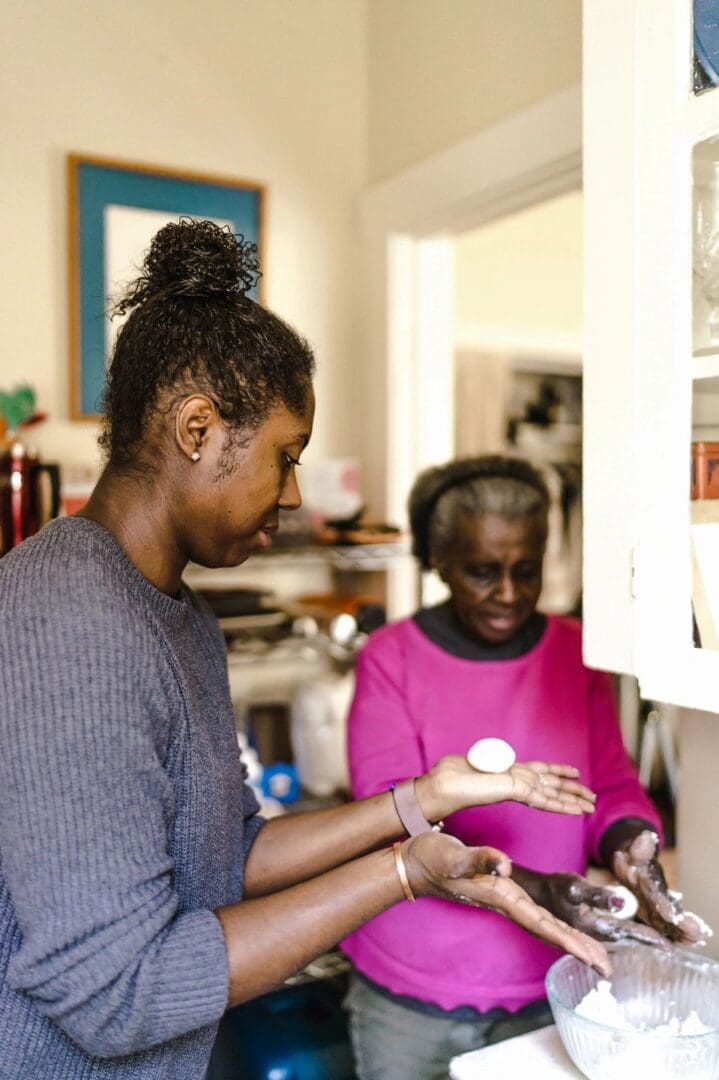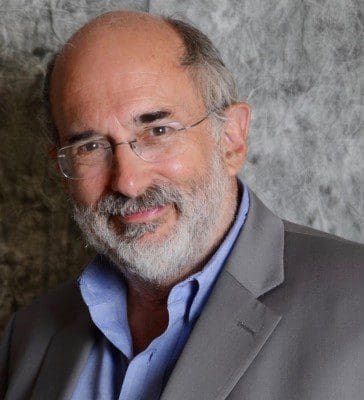Search Posts
Recent Posts
- New ALS treatment by PathMaker Neurosystems. Co. funded by RI Life Sciences Hub to come to RI. June 3, 2025
- ART! Cape Verdean Art at New Bedford Whaling Museum June 3, 2025
- Brown University Health names Samuel M. Mencoff Chair of the Board June 3, 2025
- Rhode Island Weather for June 3, 2025 – Jack Donnelly June 3, 2025
- Why 13-15 Rhode Island cities and towns oppose weapons ban legislation being voted on TODAY June 3, 2025
Categories
Subscribe!
Thanks for subscribing! Please check your email for further instructions.

AARP concerned for working caregivers. Advice from Dr. Michael Fine – Herb Weiss
By Herb Weiss, contributing writer on aging issues
After the coronavirus (COVID-19) pandemic initially shuttered the nation’s businesses over a year ago and with Delta variant cases now surging among the 50 percent of the population not fully vaccinated, AARP releases a 17-page report exploring the concerns of working caregivers about returning to pre-pandemic business routines.
AARP’s national survey, examining caregiver concerns during the COVID-19 pandemic, was conducted by phone and online panel on July 1-7, 2021, and included 800 U.S. residents 18 years or older who are currently providing unpaid care to an adult relative or friend and employed either full-time or part-time (but not self-employed).
Six in ten caregivers responding to the survey were paid hourly, while nearly four in ten are salaried workers. Almost seven in ten say that their job is “essential.”
The researchers found that the COVID-19 pandemic impacted how working caregivers balanced their work and caregiving roles. Four in five caregivers expressed feeling stressed by juggling these dual responsibilities. More than three in five of the respondents say that they were spending more time caring for their loved one(s). When asked about the next 12 months, two-thirds of all working caregivers expect some, or a great deal of, difficulty balancing both job and caregiving roles.
According to the AARP study, “Working Caregivers’ and Desires in a Post-Pandemic Workplace,” about half of working family caregivers were offered new benefits during the pandemic, including flexible hours (65%), paid leave (34%) and mental health or self-care resources (37%). About half of those surveyed were able to telework due to COVID 19; by early July, 22% were still working from home full time and 30% were working from home at least part-time. For those who could work from home, nearly nine in 10 said it helped them balance work and care responsibilities – and 75% are worried about how they will manage when their pre-pandemic schedules resume.
“Employers would be wise to consider how benefits like paid leave and flexible hours can help the one in six workers who are also caring for a loved one,” said Alison Bryant, Senior Vice President, AARP Research in an Aug. 4 statement released announcing the release of the report. “Living through the pandemic was challenging for working family caregivers – while some were helped by new workplace benefits and flexibility, the vast majority are worried about how to balance both roles going forward. Our research opens a window into how the pandemic changed the workplace and what working caregivers are concerned about in the coming year,” says Bryant.
As offices and other in-person workplaces begin to slowly re-open, many caregivers expressed concerns that they would bring the virus home to infect loved ones (63%) or contract COVID at work (53%). About three in five are worried about leaving the person they care for alone while they go to work. Among those who were able to work at home during the pandemic, almost nine in ten would like the option to continue doing so at least some of the time. And more than four in ten caregivers said they would consider looking for a new job if the benefits they were offered during the pandemic were rolled back.
AARP offers a range of free tools and resources to help employers retain working caregivers, including tip sheets, tool kits and online training for managers. The resources are available at www.aarp.org/employercaregivin

Dr. Michael Fine: The pandemic of the unvaccinated
Don’t let your guard down, even if you’re vaccinated, warns Dr. Michael Fine, the former Rhode Island Director of the Department of Health. As the COVID-19 Delta variant cases spike across the nation, “it’s the pandemic of the unvaccinated,” he says. “Now 97% of the hospitalized are unvaccinated. As community transmission rises, it is more likely that vaccinated people will get infected and spread the virus,” he says.
Dr. Fine further responded to requests about how we should approach this latest wave of COVID in Rhode Island:
“For most vaccinated people, Covid-19 will be a mild disease,” says Fine. For those with chronic disease like high blood pressure, diabetes, heart disease, COPD and cancer, one study from Israel suggests that the risk of hospitalization and death is equal to the unvaccinated,” he says.
“As community transition rises, I’m expecting some hospitalizations and death in vaccinated people with chronic disease. That group would do well to self-isolate — to stay home and let others shop for them, until community transmission falls to less than 35/100,000/week. We are now a place with high transmission, about 140/100,000/week,” states Fine.
Fine urges businesses to require all employees working together to be vaccinated, wear masks and get weekly Polymerase Chain Reaction (PCR) tests for the COVID-19 virus.
Teleconferencing technology should replace onsite or outside meetings, he says.
Working caregivers can be protected from bringing COVID-19 home by being vaccinated and should get two PCR tests a week, and limit contact with other people by avoiding shopping at stores or going to restaurants.
_____
Herb Weiss, LRI’12, is a Pawtucket writer covering aging, health care and medical issues. To purchase Taking Charge: Collected Stories on Aging Boldly, a collection of 79 of his weekly commentaries, go to herbweiss.com. The sequel, Vol. 2 Taking Charge: More Stories on Aging Boldly will be available for purchase in August.

Herb Weiss has enjoyed a distinguished 41 year career in journalism, earning a national reputation as an expert on aging, health care and medical issues. Over 780 articles that he has authored or coauthored have appeared in national, state and local publications. Governor Gina Raimondo appointed Him to the Rhode Island Advisory Commission on aging.
Today, Herb’s weekly newspaper column appears in the Pawtucket Times and Woonsocket call, two North Rhode Island daily newspapers, and will now run in RINewsToday.com. Herb and his wife, Patty Zacks, reside in Pawtucket, Rhode Island.

Please read the current issue of The American Journal of Therapeutics- the research & data on Ivermectin as a prophylactic and treatment for Covid-19. If we were serious about ending this pandemic, the Gov’t would be encouraging ivermectin- especially for children. Why do we have open borders?